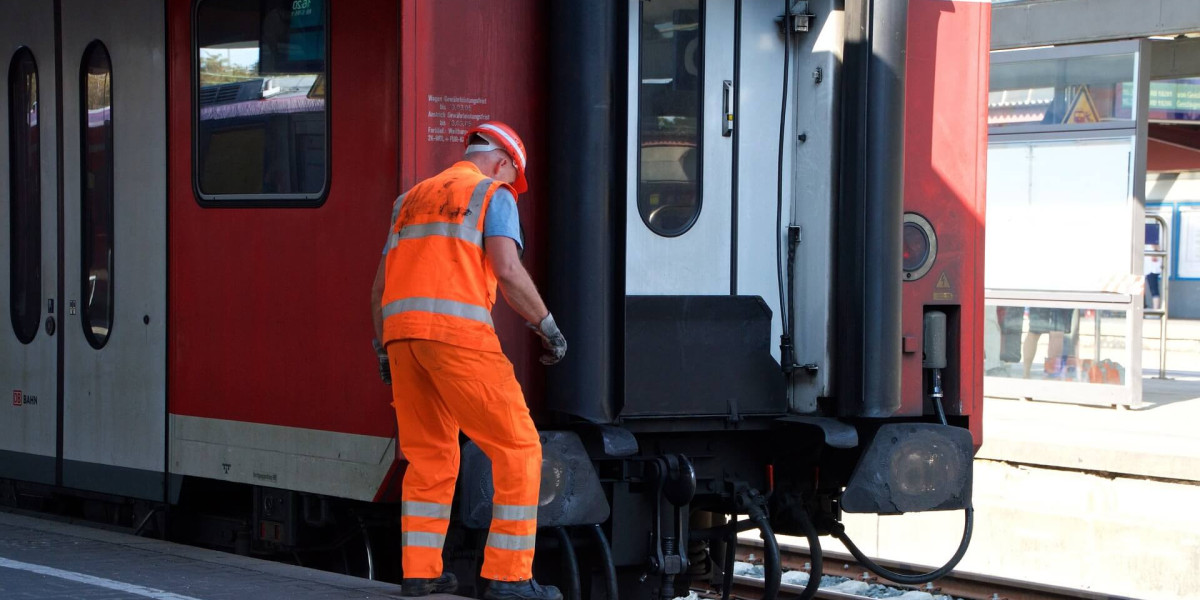The global shift toward intelligent and connected technologies is accelerating innovation across industries, with Smart Sensors Market Trends playing a crucial role in shaping this transformation. Smart sensors, equipped with embedded microprocessors and communication capabilities, are revolutionizing data collection, analysis, and decision-making in sectors such as manufacturing, healthcare, automotive, and smart cities. As demand for automation and data-driven solutions rises, smart sensors are becoming the foundation of modern industrial and consumer applications.
Evolution of Smart Sensor Technologies
Smart sensors combine sensing elements with processing capabilities to perform intelligent measurement, analysis, and communication. They enable automated detection and monitoring functions in real-time, providing accurate insights for system optimization. From IoT sensor devices used in smart homes and industrial automation to sensors supporting environmental monitoring, these technologies have become integral to connected ecosystems.
The integration of smart sensors with artificial intelligence and cloud platforms has enhanced data accuracy and operational efficiency. In industrial sensing applications, these devices are improving predictive maintenance, energy management, and process automation. The ability of smart sensors to process and transmit data autonomously positions them as essential components of the Industry 4.0 revolution.
Market Growth Drivers and Regional Insights
The smart sensors market is witnessing strong momentum driven by rapid technological advancements, the proliferation of IoT applications, and increasing investments in digital transformation. Industries are adopting advanced sensing solutions to optimize performance, reduce downtime, and improve safety standards.
Parallel developments in other technology markets complement this growth. For instance, the France Internet Radio Market is thriving due to innovations in connectivity and streaming technologies, reflecting a broader trend toward smart and networked devices. Similarly, the UK Field Programmable Gate Array Market is advancing rapidly, driven by high-performance computing and flexible hardware systems that enhance real-time processing capabilities—factors that also benefit the deployment of smart sensor networks.
Future Outlook: The Next Generation of Intelligent Sensing
Looking ahead, the future of smart sensors lies in deeper integration with artificial intelligence, edge computing, and advanced communication protocols. These developments will enable faster data analysis, lower latency, and improved decision-making capabilities across industries. Smart sensors will continue to play a vital role in supporting autonomous systems, smart infrastructure, and environmental sustainability initiatives.
Conclusion
The evolution of the smart sensors market marks a significant step toward a more connected, data-driven world. From intelligent measurement and automated detection to real-time industrial sensing, these technologies are transforming how industries operate. As global demand for IoT sensor devices continues to grow, the market is set to experience unprecedented expansion, reinforcing its role as a cornerstone of the digital economy.
FAQs
Q1. What is driving the growth of the smart sensors market?
The growth is primarily driven by the increasing adoption of IoT technologies, advancements in AI integration, and the demand for intelligent measurement and automation across industries.
Q2. How are smart sensors used in industrial applications?
Smart sensors enhance industrial sensing by enabling predictive maintenance, process optimization, and real-time monitoring for improved productivity and safety.
Q3. What future trends are expected in smart sensor technology?
The next generation of smart sensors will focus on AI-driven analytics, edge computing integration, and improved connectivity for faster and more accurate data-driven decision-making.








